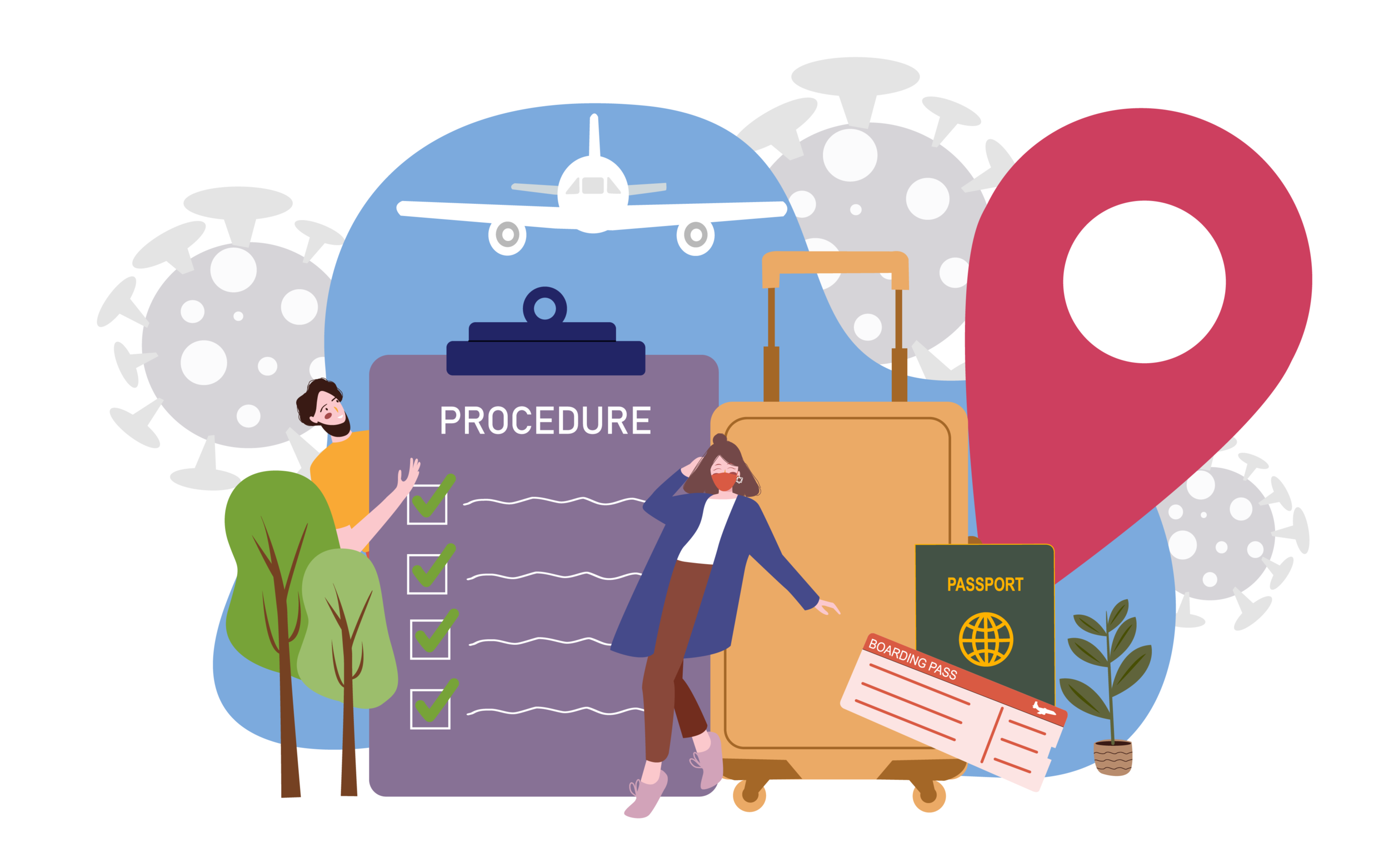The Current COVID-19 Related Bans to Entry - and the Exceptions
We are facing multiple hurdles to entry in the United States due to the Trump Administration’s Proclamations related to COVID-19. There are exceptions to these bans, and whether or not the ban applies depends largely upon the specific visa category and countries involved. The President’s latest proclamation, known as the “nonimmigrant visa ban”, went into effect on June 24, 2020. This proclamation suspended entry into the United States for:
New H-1B visas and a dependent H-4 visas;
New H-2B visas and a dependent H-4 visas;
New J-1 visas, if the foreign national is participating in an intern, trainee, teacher, camp counselor, au pair, or summer work travel program, and a dependent J-2 visa; and
New L-1 (L-1A and L-1B) visas and a dependent L-2 visas.
However, this nonimmigrant visa ban only applies to foreign nationals that:
Were outside the United States on as of June 24, 2020;
Did not have a H-1B, H-2B, J-1 or L-1 nonimmigrant visa that is valid on the effective date of the Proclamation; and
Did not have an official travel document other than a visa (such as a transportation letter, boarding foil, or advance parole document) as of June 24, 2020;
Additionally, the Proclamation does not apply to:
Lawful permanent residents (“green card” holders);
Visa-exempt Canadians;
Spouses or children of U.S. citizens;
Individuals seeking entry to provide temporary labor essential to the U.S. food supply chain;
Individuals whose entry would be in the national interest, including individuals whose services are critical to defense, diplomacy or national security, related to the combat of COVID-19, will facilitate economic recovery and are children who would age out of eligibility.
Practically speaking, for individuals that have filed an H-1 or L-1 petition that is not yet approved, or is approved but they do not currently have a valid visa that was valid on or before June 24, 2020, they will need to show that their entry into the United States will be in the national interest of the United States, whether it be to combat COVID-19 or help the economy. For new office L-1 petitions, there is a strong argument that the individual should be allowed into the United States because the new office will create more jobs for US workers.
The most recent Proclamation also extended the Presidential Proclamation issued on April 22, 2020, known as the immigrant visa ban, which suspended the entry of certain immigrants into the United States. The April 22, 2020 proclamation banned the foreign nationals who:
● Were outside the United States as of April 22, 2020;
● Did not have a valid immigrant visa as of April 22, 2020;
● Did not have a valid official travel document (such as a transportation letter, boarding foil, or advance parole document) as of April 22, 2020, or issued on any date thereafter that permits travel to the United States to seek entry or admission.
The suspension of entry for certain immigrant and nonimmigrant visas will remain in effect until at least December 31, 2020.
Aside from the “immigrant visa ban” and the “nonimmigrant visa ban”, individuals travelling from a country in the Schengen area will face difficulty trying to enter the United States. On March 13, 2020, a travel ban took effect that prohibited foreign nationals from entering the United States if they have been physically present in the Schengen Area within 14 days before their attempted entry. This does not apply to U.S. nationals, U.S. permanent residents and other family members of U.S. citizens. The Schengen Area comprises the following countries: Austria, Belgium, Czech Republic, Denmark, Estonia, Finland, France, Germany, Greece, Hungary, Iceland, Italy, Latvia, Liechtenstein, Lithuania, Luxembourg, Malta, Netherlands, Norway, Poland, Portugal, Slovakia, Slovenia, Spain, Sweden, and Switzerland.
We will continue to update you with any changes to the bans to entry into the United States.

